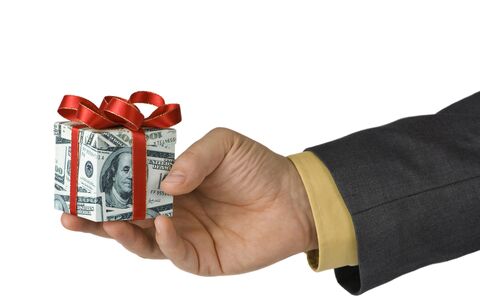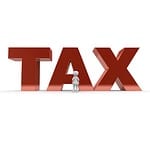A newly-published review of the literature concludes that cigarette tax hikes unintentionally harm the most vulnerable in society, according to a story by Salynn Boyles published on MedPage Today.
The review was conducted by Katherine T. Hirono, MPH, of the Center for Health Equity Training, Research and Evaluation in New South Wales, Australia, and Katherine Smith, PhD, of the University of Edinburgh.
In an interview with MedPage Today, Hirono cited research showing that the most disadvantaged smokers had the hardest time quitting, and the least access to resources to help them do so.
“At the population level tobacco taxes are very effective, but in every population there will be people who are not able to quit, and they tend to be the most vulnerable in a society,” she said. “What we have seen over time is that strategies that are effective at the population level can further harm these pockets of smokers.”
Hirono and Smith noted that the smoking rate in Australia was reduced from 24.3 percent in 1991 to 12.8 percent in 2013. But tobacco use, they said, remained much higher – closer to the 1991 levels – among the unemployed, incarcerated, mentally ill, homeless, and abusers of drugs or alcohol.
They cited a 2016 study from New Zealand, which found that low-income smokers who either couldn’t or wouldn’t quit the habit following large tobacco tax increases faced increased financial hardship, as did their families.
“Smoking is a coping mechanism for many who continue to smoke, even though that means they are having to go without other household items and even food,” Hirono said. “We can’t ignore this potential unintended consequence of large tax hikes for these smokers and their families.”
Hirono and Smith said that this increased economic burden had both ethical and health implications, “since financial hardship is a recognized determinant of poor health”.
Acknowledging that steep tobacco taxes are highly effective, Hirono and Smith argued that policy makers who proposed the taxes had an obligation to take steps to mitigate the equity concerns that arose from them.
The full story is at: https://www.medpagetoday.com/PublicHealthPolicy/PublicHealth/64764?xid=nl_mpt_DHE_2017-04-25&eun=g220600d0r&pos=1











